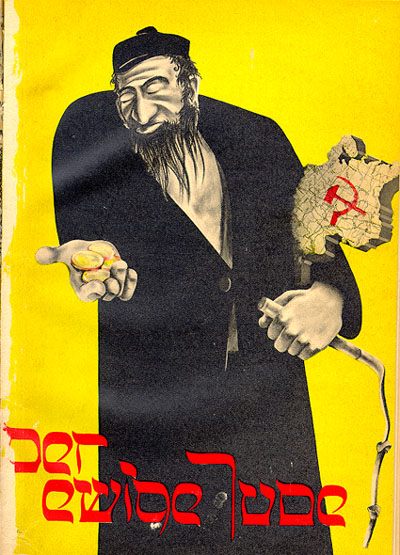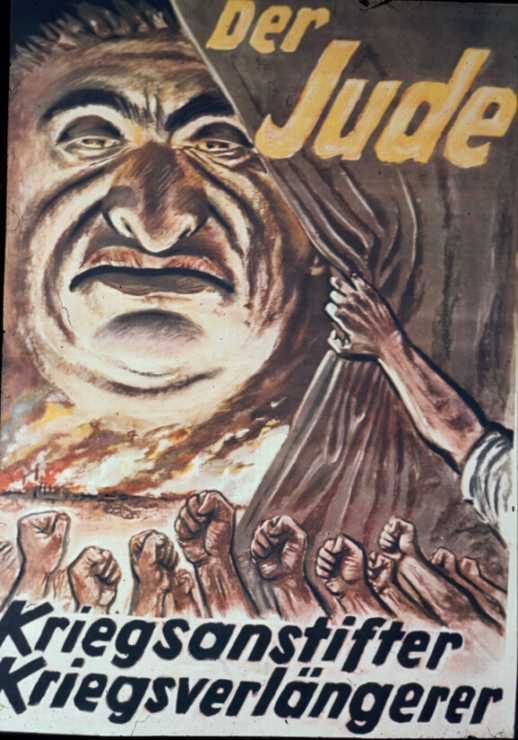Over at Politics Outdoors, sociologist and political scientist David Meyer has argued that Trump is a charismatic leader. The idea comes from Max Weber, widely seen as a founding father of sociology, who argued that there are three types of authority: traditional, legal, and charismatic. Traditional authority derives its power from custom, legal from bureaucracy, and charismatic from cult of personality.
Weber argues that charismatic leaders are seen as somehow superhuman, exemplary, or ordained. They are different than the average human with exceptional qualities that can be depended upon to ensure that everything they do will be right. It is because Trump is a charismatic leader that he can say “trust me” and give few details as to his priorities or policies, even on something as serious as foreign conflict. It’s why he can say, when asked who he’s consulting: “I’m speaking with myself, number one, because I have a very good brain and I’ve said a lot of things.”
His followers don’t need to know what he might do or who he might listen to because they believe in him, not what he stands for. That’s why it makes sense to them to pledge allegiance to Trump instead of the flag.
Meyer adds that charismatic leaders are especially attractive during “turbulent times.” “[F]ew people would be willing throw in with someone who obviously lacks all of the qualities for the job he seeks,” Meyer writes, “unless times were truly desperate.” This is part of why Trump’s constant emphasis on inept politicians, broken policies, and the threat of terror and immigration works in his favor. Even his slogan, “Make American Great Again,” ominously implies that we are no longer great.
Charismatic authority is also, paradoxically, unstable. While followers tend to believe their leader to be infallible, the moment they no longer believe so, his power has vanished. At that time, movements either fall apart or find a charismatic successor. If Trump stumbles enough to reveal a weakness, and his supporters are willing to see it, this particular anti-establishment movement could disappear and more quickly than one might think. Unless, of course, they find someone who can step into Trump’s shoes.
Cross-posted at Pacific Standard.
Lisa Wade, PhD is an Associate Professor at Tulane University. She is the author of American Hookup, a book about college sexual culture; a textbook about gender; and a forthcoming introductory text: Terrible Magnificent Sociology. You can follow her on Twitter and Instagram.









